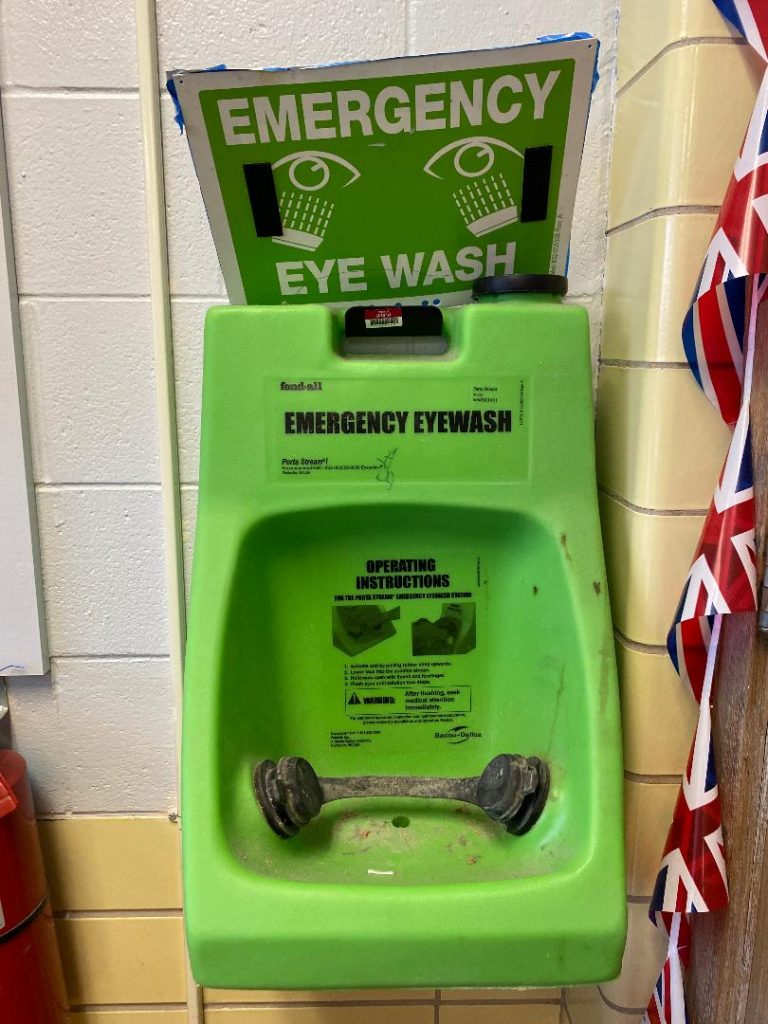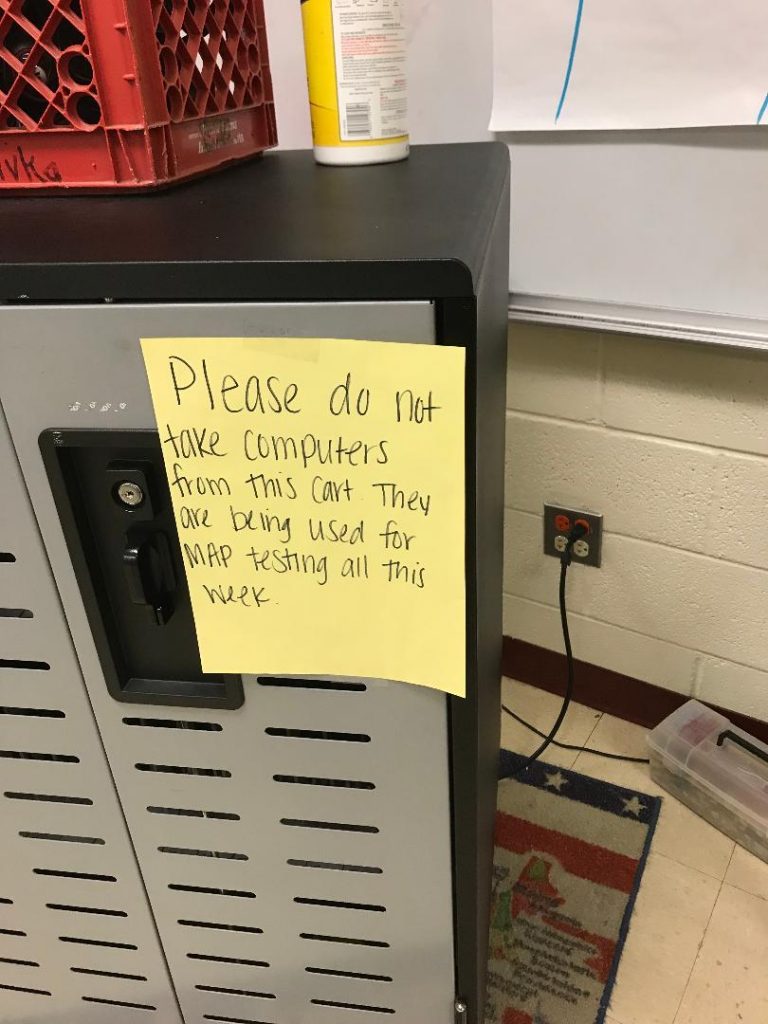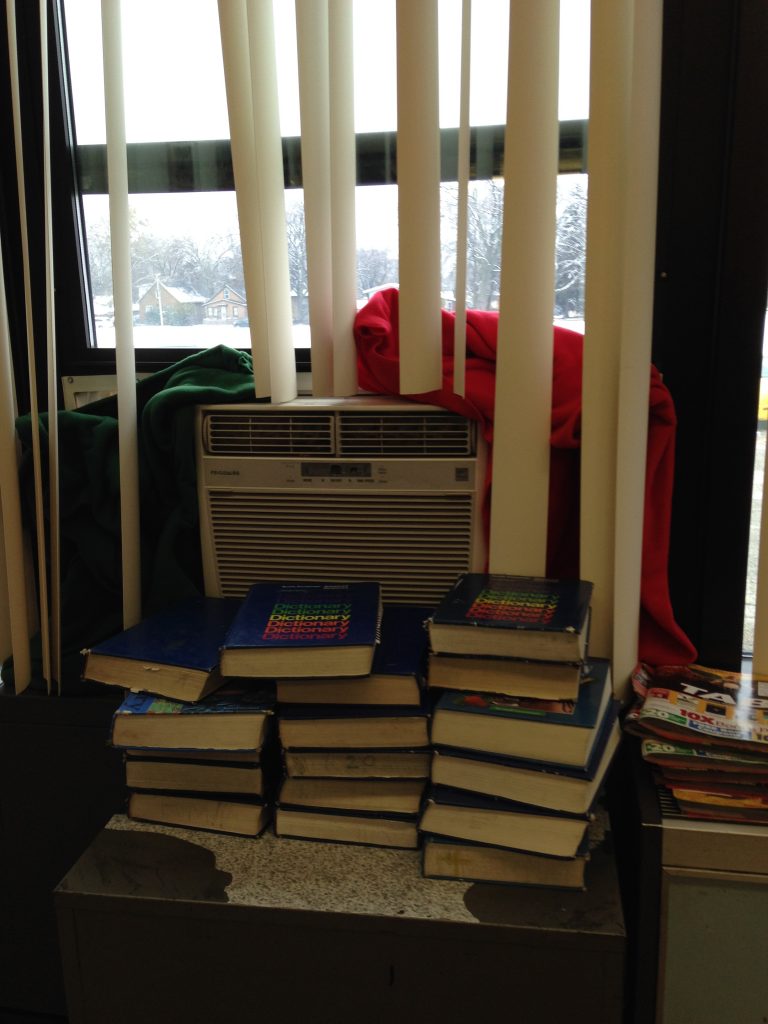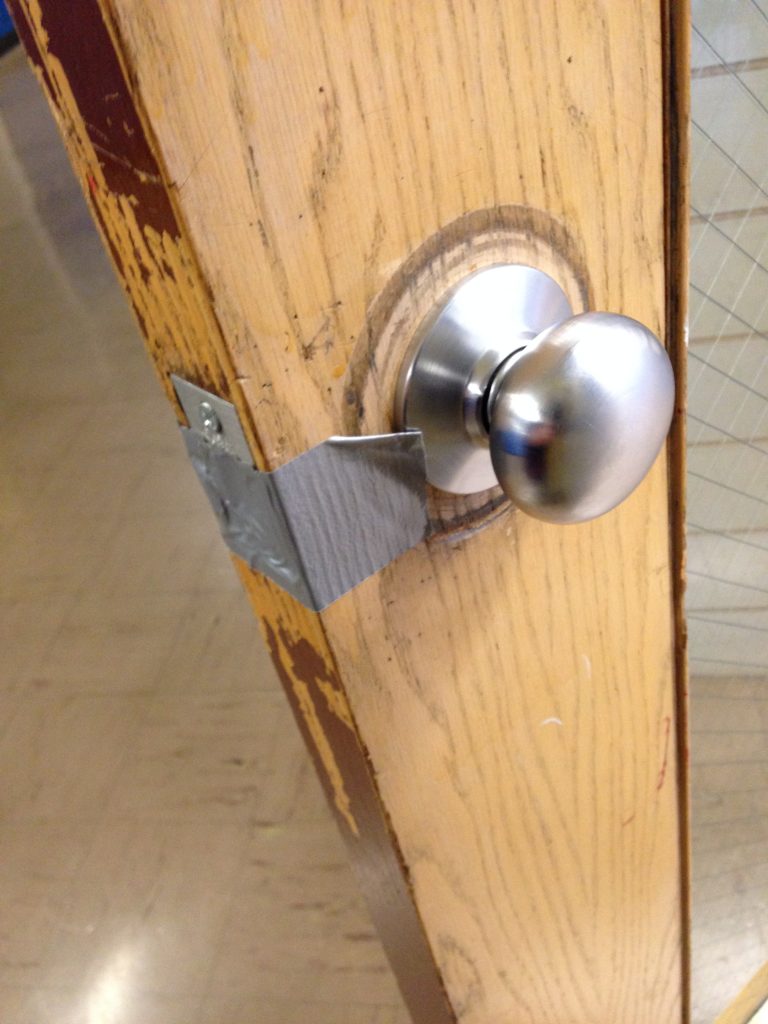Mostly I only sideswipe the real monster. Why is US education such a mess in some zip codes? We can pepper blogs and news articles with myriad attacks on education’s problems, but a fairly simple bottom line explains the discrepancy between zip codes: Property-tax-based funding is inherently unfair, favoring wealthier neighborhoods, and ensuring that the kids at the bottom of today’s educational pile-up will continue to stay at the bottom.

I believe No Child Left Behind, the Common Core and other “solutions” of the recent past have been attempts at end-runs around this truth: Property-tax-based funding cheats poor children and should be abolished. Looking for Superteacher is one more way to avoid addressing discriminatory funding.
Year after year, children in financially-disadvantaged areas end up in financially disadvantaged schools. Those schools don’t have the money to do many science experiments, which may be for the best if those experiments involve possible showers or eyewashes. They don’t have the money for many afterschool clubs or activities. The lunchroom may serve mystery meat or simply smaller portions of recognizable food. America’s children whose parents cannot easily buy electronics end up in the schools that cannot afford those devices without sacrificing elsewhere in their staffing, infrastructure and curricula.
The US system for funding education has been and continues to be grossly unfair.
Eduhonesty: The current system also works for legislators, almost all of whom live in comfortable districts filled with higher-valued properties that provide greater tax revenue and better-funded schools.
And the years roll on as we nitpick details in ever-tweaked curricula before administering standardized tests that tell us what we already know.
Thank you for reading. Jocelyn Turner
P.S. Charter schools are another end run around the funding problem. When schools are underperforming, the government provides funds to build alternative schools. While those schools may sometimes represent an improvement over local offerings, they also provide a way to avoid reforming funding across the nation — rather like putting pain-killing patches over nerve damage without ever investigating why the patient is in pain.
P.S.S. I am aware I am saying absolutely nothing new here. But somehow this topic seems to have been getting lost lately in discussions of tests especially. Yes, we have far too many tests. But let’s keep hammering away at property-tax-based funding. Want a scary thought to chew on? A Grim Reality of Reopening: More Mold | WIRED Being in a prosperous school district allows for reallocation of funds to fix new problems. What will happen in districts that barely have enough funds to operate? Will the mold be prioritized? CAN the mold be prioritized?

So much for the webquest and a lot of other internet-based learning. 
Winter: when you need to put blankets around the device that is supposed to keep the room cool. 
This got fixed when I explained my active shooter drill plan to send everyone out the windows.
